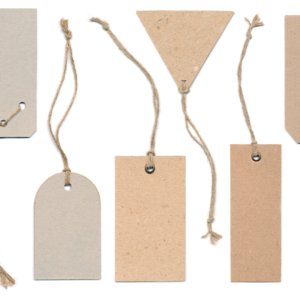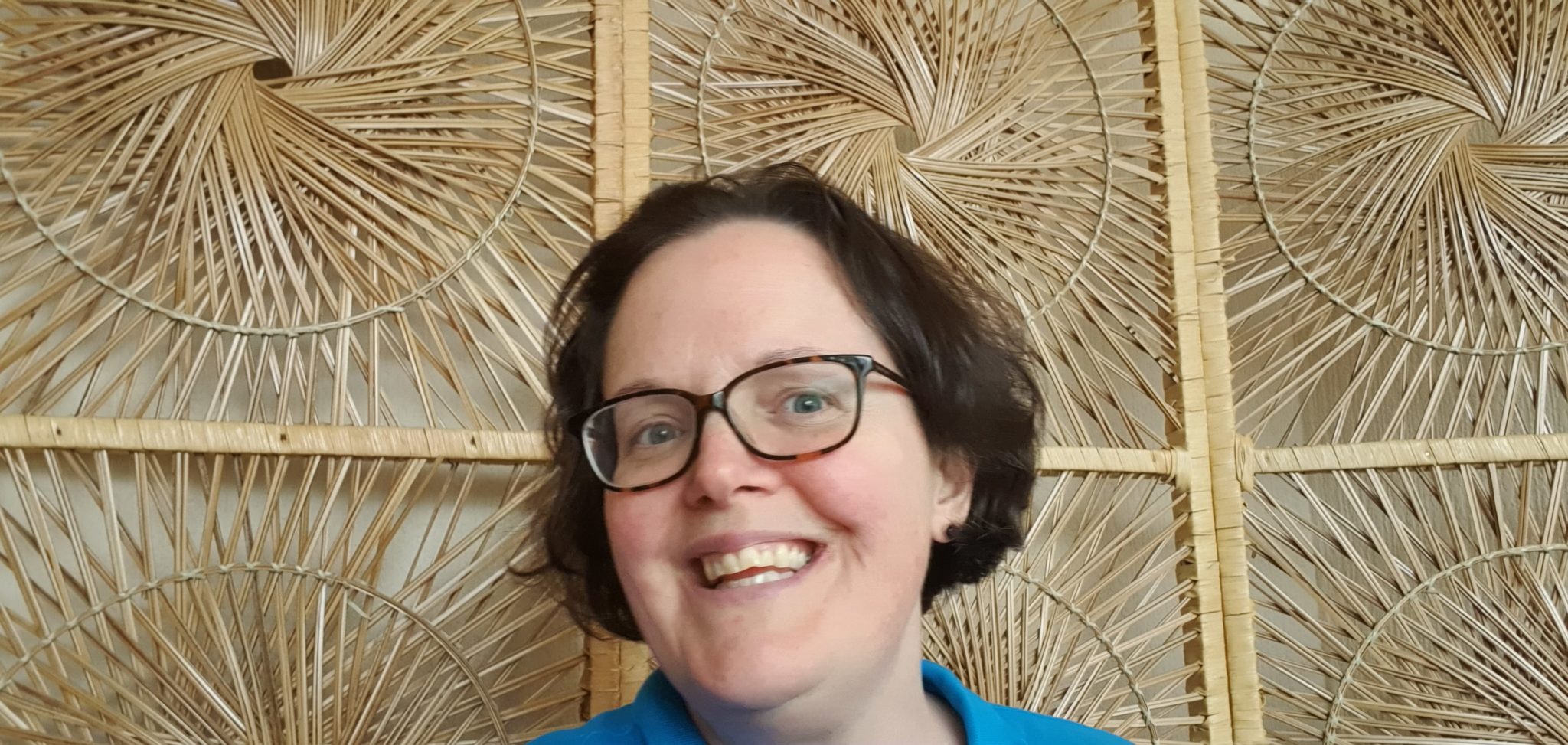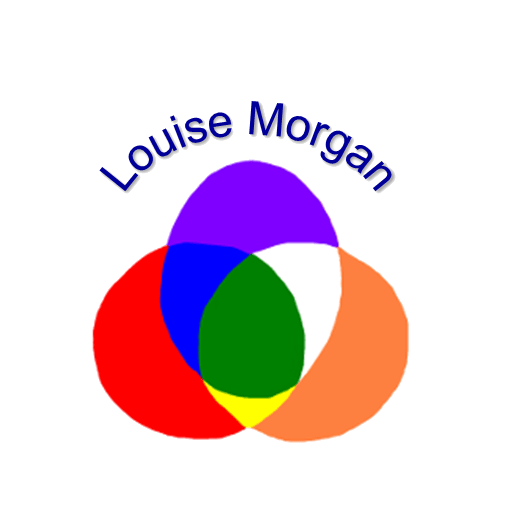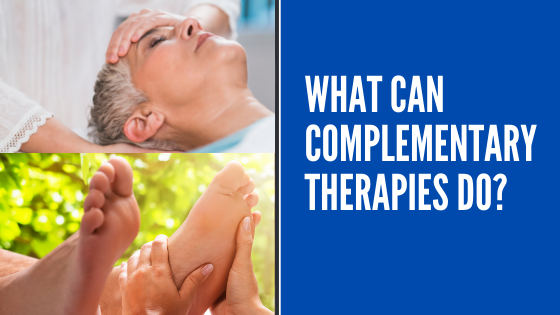When you start to look at the world of complementary therapies, it is easy to become overwhelmed by the choice. If you are living with a particular ailment, you may be looking for a therapy which can help give you some respite. It is worth chatting to people. You’ll be surprised by how many people may have used different therapists and what worked or didn’t work for them may give you an idea about which therapies you want to look more at.
a particular ailment, you may be looking for a therapy which can help give you some respite. It is worth chatting to people. You’ll be surprised by how many people may have used different therapists and what worked or didn’t work for them may give you an idea about which therapies you want to look more at.
You can ask the therapist – to be honest, if someone asks me if a particular therapy will help with a particular condition I’ll probably seem a little vague. It’s because I know I can get great results with one persons issue, while for someone else I may aggravate it. This is because we’re all individuals and one size doesn’t fit all.
If you visit google, you’ll find lots of outlandish claims about what therapies can do, along with arguments that therapists are quacks and unable to help with anything. As with most things, the reality is probably somewhere in the middle. Scientifically there has historically not been a great deal of robust research into complementary therapies. Recently however, the research has started and we are beginning to understand more about how our therapies may help.
So, with all this vague and non-specific evidence based outcomes, why would people want to consider therapies?
When you visit a therapist you will often have a chance to talk and connect with your therapist. You are given a safe space where you should feel comfortable sharing your issues. During this time I may be given an insight into peoples’ mental health, physical ailments, issues and dilemmas in their life etc. I’m not a counsellor, but I do listen, and many people say they find this is as beneficial to them as their therapy, as they know what gets said is in the strictest confidence.
As holistic therapists we don’t actually aim to treat symptoms. So often we see people who have a culmination of labels. These  labels can be useful: sometimes they may lead us to adapt a therapy, avoid particular aspects of a therapy, include specific moves to help – it helps us to tailor our therapy to you. When you visit us though, we are looking at you, as a person, who also happens to have labels. Often, you may be coming to us for a specific issue. Keep in mind if you’ve had a condition for years, then one therapy session probably isn’t going to sort it.
labels can be useful: sometimes they may lead us to adapt a therapy, avoid particular aspects of a therapy, include specific moves to help – it helps us to tailor our therapy to you. When you visit us though, we are looking at you, as a person, who also happens to have labels. Often, you may be coming to us for a specific issue. Keep in mind if you’ve had a condition for years, then one therapy session probably isn’t going to sort it.
When you start seeing a therapist you begin a journey with them.
I see people who will come to me for a specific issue. If I have seen them several times and I don’t think we’re making suitable progress, I’ll suggest a different modality which may be more suitable for their needs. I often find these people will solve the initial problem and then return to me for something else.
People may choose to have a therapy for a variety of different reasons, other than a particular condition. Many of my clients consider a therapy part of their well-being. Different people have different reasons: they may enjoy time out of their hectic lives, a safe space to offload without judgment while enjoying doing something for them, enjoying an hour without being interrupted, while some people even use it has a chance to catch up on their sleep! Sometimes people use it to manage their niggles and because they enjoy the refreshed and relaxed feeling after a therapy. The reasons people choose a therapy can be varied.
offload without judgment while enjoying doing something for them, enjoying an hour without being interrupted, while some people even use it has a chance to catch up on their sleep! Sometimes people use it to manage their niggles and because they enjoy the refreshed and relaxed feeling after a therapy. The reasons people choose a therapy can be varied.
So, what does it actually do to my body?
The research shows us that particular massage movements can affect different nerve fibres, while a relaxing therapy can calm the nervous system. When we calm the nervous system, we’re encouraging the body to move from a flight or fight state and into one where it can begin to focus on day to day tasks like digestion and sleeping. We know on a physical level we can affect nerves which can impact muscles, encourage the movement of lymph using particular techniques and encourage people to get more in touch with their body and the messages it is trying to give us. Often, life can make us quite disconnected from our body and a regular therapy can mean we will listen to what it is trying to tell us without it having to scream and cause us pain.
So, even if you’re not sure, why not try a therapy and see what it’s all about?
Loui se is an holistic therapist who owns Therapy Centre, BS14 9HB, a clinic offering a range of holistic and beauty therapies. Louise offers aromatherapy, reflexology, holistic massage, baby massage, reiki and story massage. She is a mum of two boys and when she is not working she enjoys getting outdoors with her family. For further information, visit her website louise-morgan.co.uk
se is an holistic therapist who owns Therapy Centre, BS14 9HB, a clinic offering a range of holistic and beauty therapies. Louise offers aromatherapy, reflexology, holistic massage, baby massage, reiki and story massage. She is a mum of two boys and when she is not working she enjoys getting outdoors with her family. For further information, visit her website louise-morgan.co.uk

